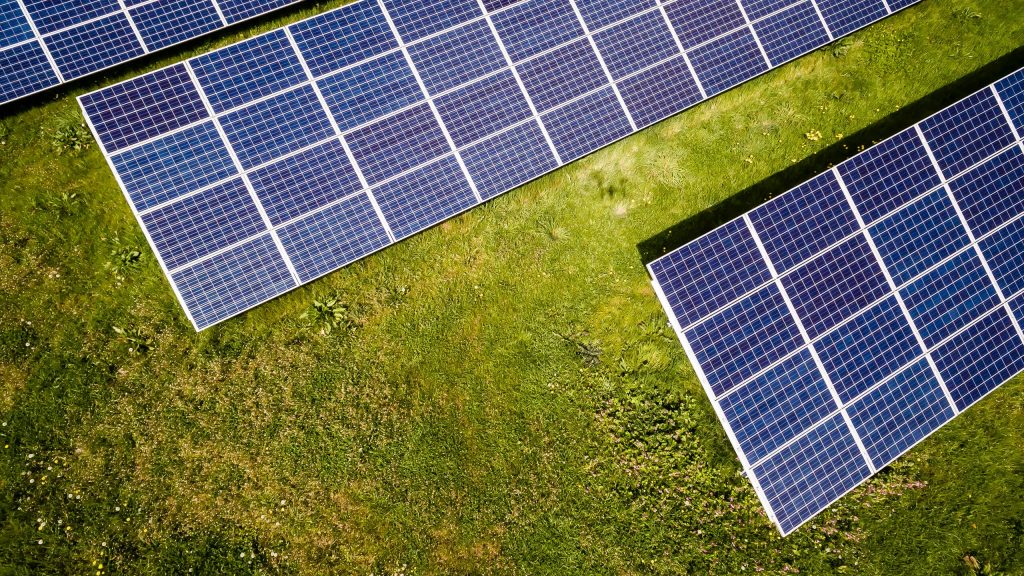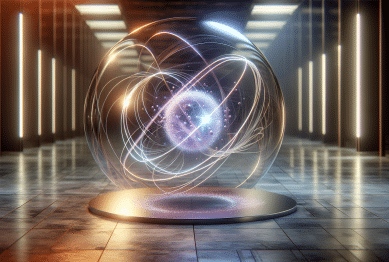As the popularity of solar energy grows, many homeowners are considering DIY solar panel installation as a way to save money and become more energy independent. But is this approach really worth it? In this guide, we’ll cover the pros and cons of installing your own solar panels, so you can decide if this DIY route is the right fit for your home.

The Benefits of DIY Solar Panel Installation
Cost Savings
Choosing a do-it-yourself approach can lead to substantial savings since you’re eliminating the need to pay for professional installation services. Most of your expenses would go toward purchasing the equipment and materials. By taking on the labor yourself, the overall financial outlay can be significantly lower compared to hiring a professional. This makes DIY installation appealing to those looking to enter the renewable energy market without stretching their budgets.
Flexibility in Customization
Opting to install the system yourself gives you complete control over every aspect of the project, from the type of solar panels to the location and layout. You can select the components that align perfectly with your home’s energy needs, aesthetic preferences, and desired efficiency levels. This level of personalization allows you to build a system tailored to your unique requirements, something that can be challenging when working with a standard professional package.
Faster Return on Investment
Without the hefty installation costs, the timeline for seeing a positive return on your investment can be shorter. Once installed, solar panels start generating free energy immediately, and your savings on electricity bills will begin to accumulate. For those who prioritize long-term financial benefits, a DIY project can lead to quicker overall payback.
Learning Experience
For enthusiasts who love to take on new challenges, installing a solar panel system can be both rewarding and educational. This hands-on experience offers insights into solar energy, electrical systems, and home power management. It can be an enriching project that goes beyond just cost savings, offering a sense of achievement and knowledge that can be applied to other areas of home improvement.
The Drawbacks of DIY Solar Panel Installation
Technical Complexity
Installing solar panels requires more than just basic technical know-how. You need a good understanding of electrical systems, wiring, and structural considerations. Mistakes can lead to poor performance, potential safety hazards, and even damage to your home. Ensuring that your system is installed correctly can be a daunting task if you lack the necessary skills and experience.
No Warranty on Installation
One major downside of taking on the installation yourself is that most warranties won’t cover issues caused by faulty installation. This means that if something goes wrong due to an error you made, the responsibility falls on you. While the equipment itself may still have a warranty, any additional costs or repairs will have to come out of your pocket.
Lack of Professional Support
Professional installers are equipped to troubleshoot any issues that may arise during or after installation. DIYers often have to rely on internet resources or forums for guidance, which can be time-consuming and may not provide accurate solutions. Without a professional’s help, resolving technical problems can become frustrating and prolong the installation process.
Possible Lower Efficiency
The performance of a solar panel system largely depends on proper placement, angle, and orientation. Without expert guidance, DIY installations may not achieve the optimal positioning for maximum sunlight exposure, leading to reduced energy generation. This inefficiency could affect the overall benefits and energy savings of your system.
Permitting and Regulatory Hurdles
Navigating the legal and regulatory landscape of solar panel installation can be challenging for non-professionals. Depending on your location, permits and inspections may be required, and your system might need to comply with specific building codes and standards. Failure to meet these requirements could result in fines or the inability to connect your system to the local utility grid.
The DIY vs. Professional Decision
If you’re leaning toward installing solar panels yourself, it’s essential to weigh the advantages against the potential pitfalls. DIY can be a great option if you’re confident in your skills, have the time to dedicate, and are prepared to handle any setbacks. On the other hand, if you want a hassle-free experience and guaranteed performance, it might be worth hiring a professional installer.
Safety Considerations
Roof work and electrical connections pose inherent risks, especially for those without the proper training. Falls and electric shock are among the most common hazards. It’s crucial to use appropriate safety equipment, such as harnesses and slip-resistant footwear, and to have at least one person assist you during the installation. Safety should always be a top priority, even if it means taking extra precautions or seeking professional help.
When to Consider a Professional Installer
For some homeowners, the complexity and potential pitfalls of a DIY solar panel installation make hiring a professional the smarter choice. Professionals ensure that the system is installed safely and in compliance with local regulations. In addition, they can maximize the efficiency of your system, troubleshoot any issues, and offer maintenance services. If your roof is particularly complex, or you’re not comfortable working with electricity, it’s best to leave the job to the experts.
Is DIY Solar Panel Installation the Right Choice?
DIY solar panel installation can offer substantial cost benefits and a sense of accomplishment, but it’s not for everyone. If you’re confident in your technical abilities, have the time and resources to commit, and enjoy hands-on projects, it could be a great fit. However, for those seeking a hassle-free and reliable solution, professional installation is a safer and more effective option.
References
- EnergySage. (2023). DIY Solar Panel Installation: What You Need to Know. Retrieved from https://www.energysage.com.
- Solar Reviews. (2022). How Much Does Solar Cost in 2022?. Retrieved from https://www.solarreviews.com.
- Occupational Safety and Health Administration (OSHA). (2023). Roofing Safety Guidelines. Retrieved from https://www.osha.gov.









